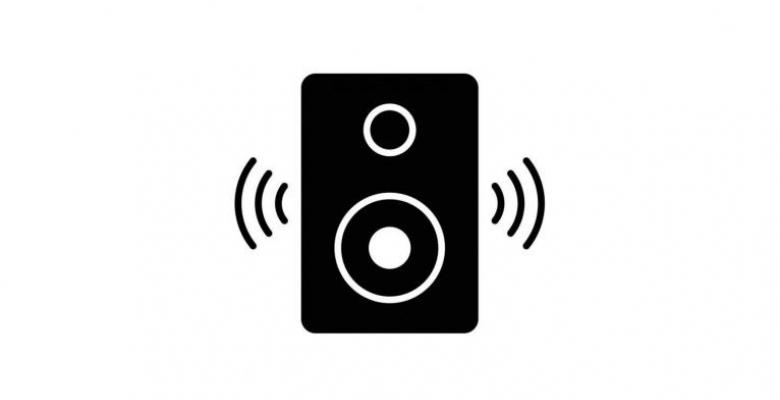Placing the "Reparto" Sound
especiales

The musical genre known as "Reparto" has acquired, in recent years, an almost overwhelming presence in the Cuban soundscape. From bus loudspeakers to family parties, through cell phones and many public spaces (even beyond common sense and legality), the "Reparto" has become a familiar soundtrack to the daily lives of many Cubans. This is not a minor or passing phenomenon—as some have thought, and have resignedly watched its consolidation—but rather a manifestation that deserves critical and dispassionate attention. It’s impossible to understand certain cultural dynamics of today's Cuba without recognizing its impact.
In certain institutional and media spaces, it might seem that there’s a tendency to exalt the genre, as if it were a legitimate heritage expression, born of the people. This view—perhaps driven by an attempt to connect with young audiences or to avoid losing ground to the global entertainment industry—generates tensions within Cuban cultural thought. Intellectuals and artists with more rigorous positions see it as a renunciation of aesthetic and ethical principles, as a surrender to a system of values in crisis.
We will avoid categorical judgments: it would be wise to understand that reparto is not only an aesthetic, it’s also a symptom. Its expansion responds to very specific social, economic, technological, and cultural conditions. It's the result of certain shortcomings, of precariousness, of the need for visibility, of the push of digital culture, of the power of immediacy... In many cases, it's also a reflection of limited access to more diverse, complex, and enriching cultural options. For thousands of young people (and not so young), sharing isn't just one choice among many, but the only valid, recognizable, and accessible option.
That is precisely what's most worrying: that a single type of musical discourse is imposed as the norm, not primarily due to artistic merit, but because it's the only one available or replicable. There are spaces where the reparto can naturally have a place and be shared—a party, a youth celebration—but its hegemony is another matter. When it displaces other genres, erases nuances, blurs diversity, and standardizes taste... we are facing a cultural loss, a defeat. Because sharing can have an expressive and rebellious function, but that doesn't mean it should be legitimized without filters.
It's essential to establish distinctions. There are exponents of the reparto who embrace the genre with professionalism, with respect for the work, and with artistic intent. But there are also those who reproduce poor formulas, abounding with profanity, sexism, and the glorification of violence. The crude and thoughtless celebration of a certain marginality. It's clear: not everything produced and circulated in the name of the reparto is music. And not everything that is rebellious is automatically worthful. Rebellion can be fertile, but it can also be degraded if it lacks critical thinking and substance.
The error lies in uncritically socializing such content, in multiplying it without analysis, as if it represented the best of the popular soul. This is a cultural absurdity. To validate without criteria everything the market or digital virality imposes weakens any notion of meaningful cultural policy. And yet, it’s also wrong to prohibit or stigmatize without dialogue. The reparto exists, it challenges, it mobilizes. To silence it would be as naive as dangerous. It's a great challenge. Integrating it into a serious reflection, with all its ups and downs, is ultimately a duty.
This debate cannot be limited to the realm of musicology or journalism. It must be a broad, educational, and community-based cultural debate. Not to impose an elitist vision, but to build consensus, to enrich the horizon of expectations, to offer alternatives. Cultural policy faces the challenge of not retreating or becoming complacent. The distribution has a place, but it must not be the dominant one. If action is not taken, the danger of a single, often poor, aesthetic will cease to be a warning and become the norm... at least for a considerable portion of the citizenry; of course, there will always be protections for other expressions, with minority access.
This is the reality that urgently needs to be revisited, courageously, without prejudice, but also without euphemisms. Because culture is not simply a mirror: it’s also a path, a possibility. And music, as an essential part of it, must be an expression of complexity, not of reduction. To recognize the distribution is not to elevate it. It's about understanding it, analyzing it, locating it. Without pretending that the act (the intention) of "decolonizing," culturally speaking, also becomes a restrictive framework, a hegemonic imposition. A great challenge.
Translated by Amilkal Labañino / CubaSi Translation Staff













Add new comment